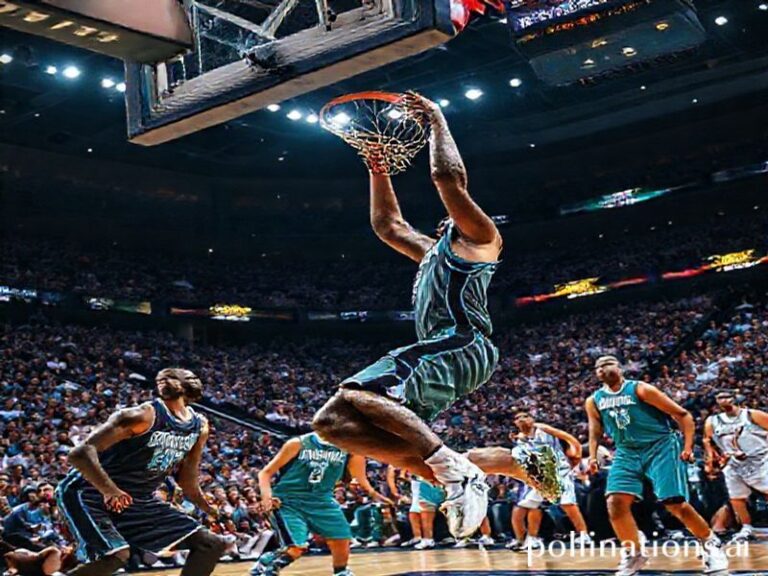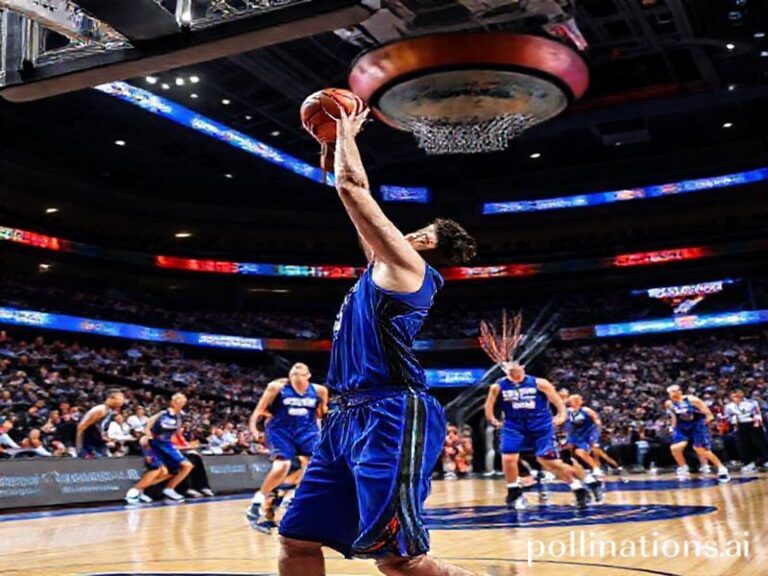musetti tennis player
Lorenzo Musetti, the 22-year-old Italian who looks like he strolled off a Fellini set with a racquet instead of a cigarette, has become the latest reminder that global tennis is now a geopolitical chessboard played on acrylic. Last month in Monte Carlo, Musetti dispatched world No. 1 Novak Djokovic with the same languid shrug one might use to swat a mosquito in Capri. The result sent tremors through the ATP rankings, the betting markets, and at least three Swiss bank accounts that prefer not to be named.
Across continents, the implications were parsed like scripture. In Beijing, state broadcasters hailed Musetti as proof that Western sporting dominance is “sunset technology,” conveniently overlooking that his Wilson frame is strung with Luxilon—manufactured in, well, Belgium. In New York, ESPN’s talking heads debated whether Musetti’s one-handed backhand is a metaphor for European decline or just a stylistic flourish, proving once again that Americans can weaponize anything, including topspin. Meanwhile, in London, the Daily Mail ran a breathless sidebar on the brand of Musetti’s sunglasses, inadvertently boosting sales by 300 percent and the Italian GDP by 0.0003 percent.
To understand the wider resonance, consider the supply chain. Musetti’s rise is lubricated by a global apparatus: coaches from Argentina, physiotherapists from Serbia, analytics software coded in Silicon Valley, and a dietician who sources gluten-free pasta from—where else—Tuscany. It’s a reminder that even individual sports are now collectivist enterprises, funded by sovereign wealth funds, crypto barons, and the occasional oligarch laundering reputation through a hospitality suite. The kid himself seems bemused by it all, telling reporters he just wants “to play beautiful tennis,” a phrase that translates roughly to “please stop asking me about offshore sponsorships.”
The geopolitical subplot thickened at the French Open, where Musetti drew Carlos Alcaraz in the fourth round, pitting Mediterranean neighbor against neighbor in a match the Spanish press billed as “El Clásico with fewer yellow cards.” European Union bureaucrats briefly considered televising it on a loop instead of agricultural policy debates, until someone reminded them that would actually raise voter engagement. When Musetti lost in five sets, the Italian foreign ministry issued a statement of “measured disappointment,” code for “we’ll be back after we’ve negotiated cheaper energy prices.”
Beyond the baseline, Musetti’s ascent illustrates a darker calculus. Young athletes are now national assets, their hamstrings collateral in soft-power portfolios. Italy, still hungover from failing to qualify for the last two World Cups, has seized upon Musetti the way a drowning man clutches driftwood. Posters of him already wallpaper Rome’s airport, right next to ads for duty-free prosecco—both products promising an escape from reality, one via altitude, the other via alcohol. Should he ever win a major, expect the government to rename an airport terminal, then quietly tax the prize money to patch another budget hole.
Yet for all the pageantry, the kid remains endearingly mortal. He still travels with a tattered copy of “The Little Prince,” claims he can’t boil an egg, and once forgot his passport in a hotel safe, forcing a last-minute detour through the Naples consulate. In an era when sports stars are algorithmic brands, Musetti’s human flaws feel almost revolutionary—like watching a glitch in the metaverse.
So what does Lorenzo Musetti tell us about the world? That talent is still the rarest commodity, but narrative is the currency. That even a solitary racquet swing can ripple through forex markets and foreign ministries alike. And that, somewhere between the baseline and the blockchain, we’ve managed to monetize youth itself—then act surprised when the kids start asking for a bigger cut.
As the tour heads to Wimbledon, bookmakers have shortened Musetti’s odds to 14-1, hedge funds have bought futures on his autograph, and a hedge in Belgravia has been trimmed into the shape of his forehand. The rest of us can only watch, half-awed, half-appalled, as one graceful Italian teenager shoulders the symbolic weight of a continent that can’t balance its own checkbook. Game, set, and existential crisis.







